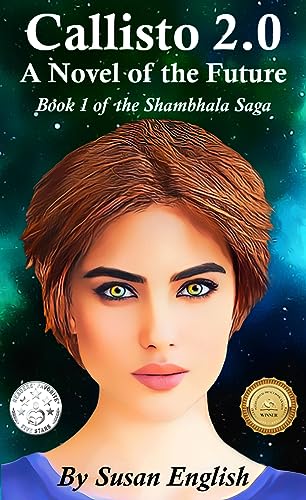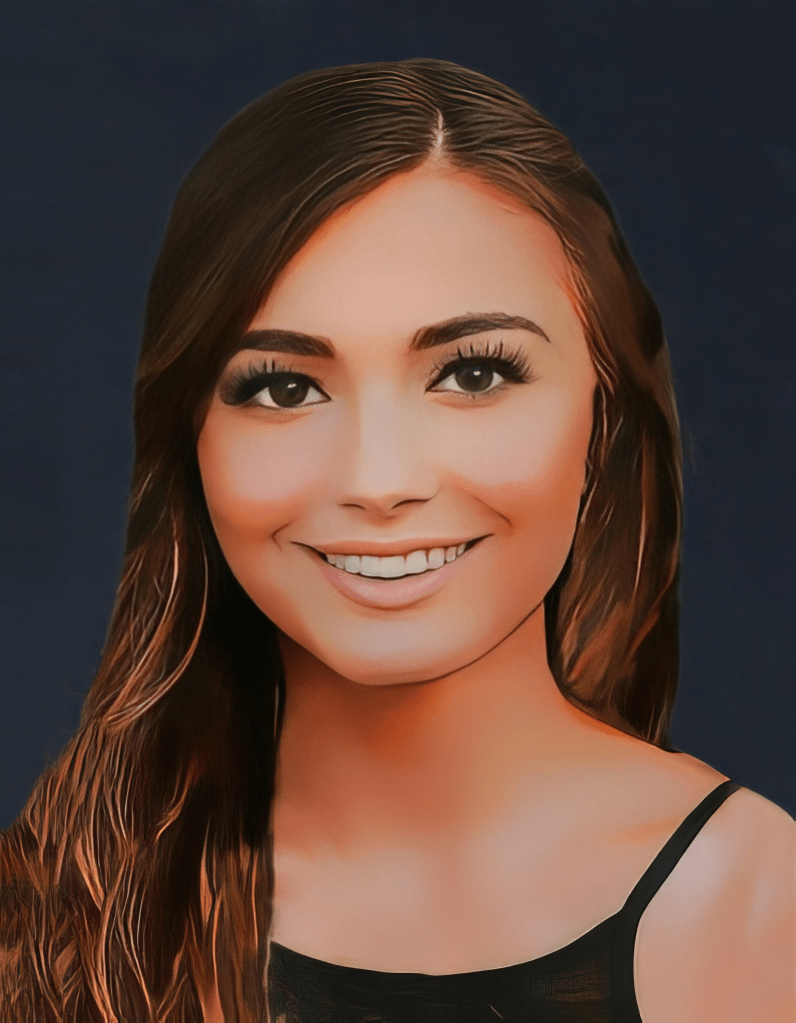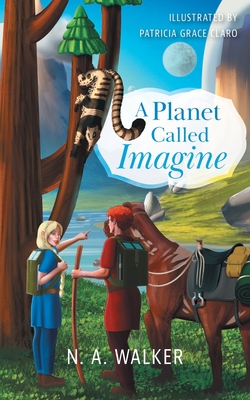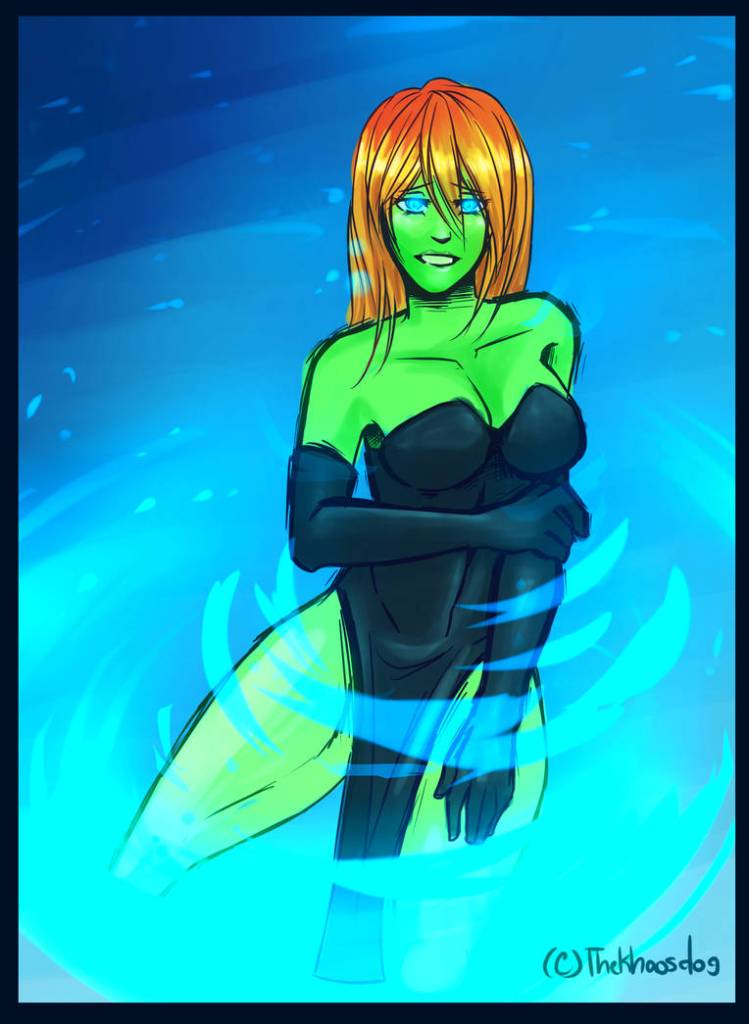
Dear readers, tonight with us is a man from the near future, talking about biotechnology and the multiverse.
Tell us a little about where you grew up. What was it like there?
Before my family died in a plane crash when I was twelve, I lived in Malibu, on the beach. We also spent a lot of time in Paris, France, at one of the major Family holdings, the Hôtel Martiniere, in the 1st arrondissement. When I was ten, I was sent to Northview Military Academy in Utah, and spent school years there. After my family died, I still spent part of my time away from school in Los Angeles, only in the house of the man I thought was my uncle but was really my biofather, Philip Martiniere. Philip’s house was in Beverly Hills and a very different setting from my family’s house. Otherwise, I was in Paris with my uncle Gerard, learning more about the Martiniere Group’s financial operations.
As a child I spent a lot of time outdoors. My parents would take my sister, my cousins, and I out to Anacapa Island where we would spend the day swimming and snorkeling. I played on the beach. When I was very young, I wanted to become a cliff diver.
In Paris, I prowled the city with my cousins. Doing what kids do, but we also spent a lot of time visiting museums and attending cultural activities.
Did you have any favourite toys as a child? Any cherished memories?
Growing up Martiniere had a lot of expectations, especially since I was born into the ranks of the high-level heirs and was being nurtured and cultivated for a leadership role in the family-held conglomerate, the Martiniere Group. I didn’t have any one favorite toy because I spent a lot of time playing with my cousins, whether in Paris or Los Angeles. And memories…ah, best not to go there. My teen years were nightmarish. One of my biggest regrets was that I was horrible to my little sister Louisa and my mother Angelica the last time I saw them alive.
I did have a collection of Marvel action figures and assorted drone and robot models. Who was my favorite Marvel character? Tony Stark, of course. In many ways, I’ve been emulating him, only through development of agricultural technology.
What do you do now?
I am currently the leader of the Martiniere Family and the Martiniere Group, known as The Martiniere. Essentially, that makes me the CEO of the Martiniere Group and, well…there are private Family structures where I serve in much the same role as I do within the Group. When I can, I work on agricultural nanobiobots with my beloved Ruby. My focus is more on microbial payloads, but Ruby and I do a lot of research together on Ruby’s Double R Ranch in Northeastern Oregon.
What can you tell us about your latest adventure?
I’ve discovered that my choices as an adult have gone very differently in other universes—in one universe, my family did not die in a plane crash when I was twelve and I learned that Philip was my father when I was sixteen. In every other universe I know about, that didn’t happen. However, I am engaged in a war against digital thought clones in nearly every universe, along with my brilliant, bold, beautiful wife Ruby. Most points of divergence happen as a result of when I tell Ruby who I really am, except for that one universe I mentioned.
Continue reading “Gabriel Martiniere (of The Martiniere Legacy, by Joyce Reynolds-Ward)”










Recent Comments